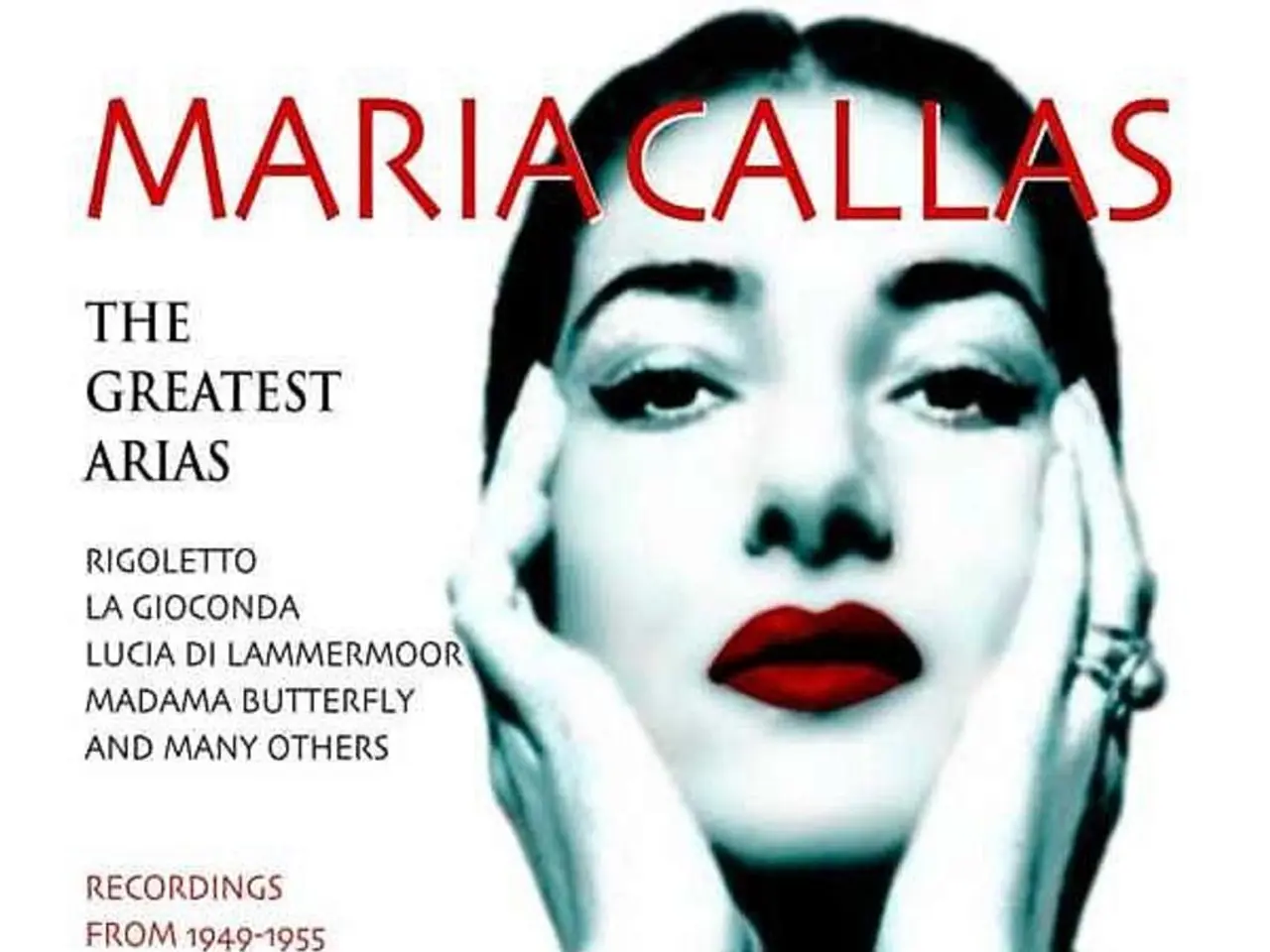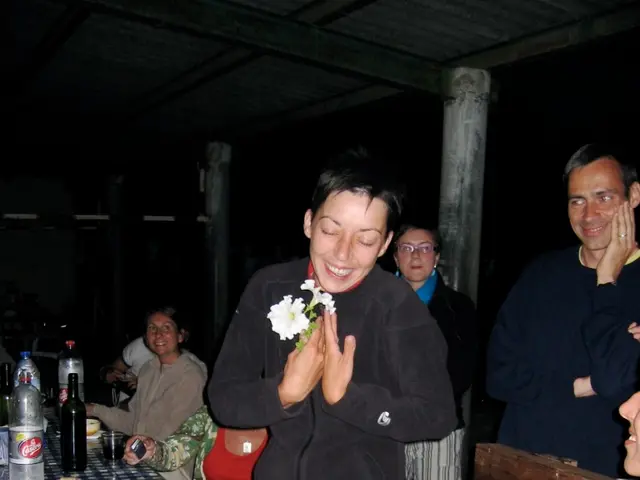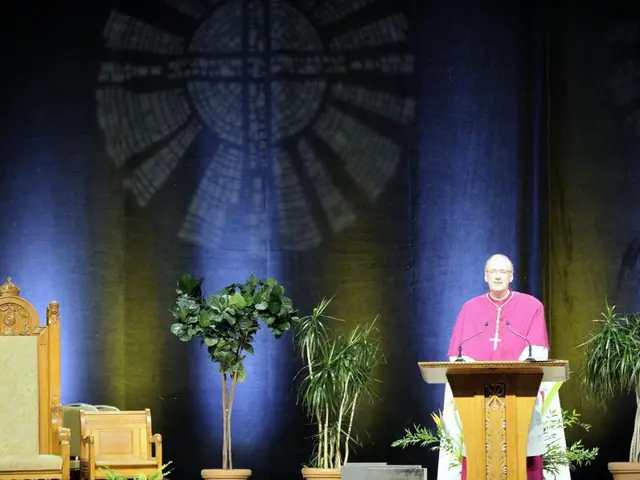The Impact of Feminism on Contemporary Writing Culture
In the post-World War II era, Betty Friedan's groundbreaking work, "The Feminine Mystique" (1963), sparked a conversation about the dissatisfaction and alienation many middle-class women felt in American society. Since then, feminist writers have been at the forefront of determining the future of literature, whether through modern novels, poetry, or essays.
One of the most influential works of feminist literature is Margaret Atwood's "The Handmaid's Tale" (1985), offering a chilling vision of a future where women's rights are stripped away, and reproductive roles become their primary value. This dystopian novel serves as a stark reminder of the importance of women's rights and the dangers of limiting their roles in society.
The Bronte sisters, particularly Charlotte and Emily, paved the way for women who defied traditional gender roles and limitations with their novels. Their works continue to inspire and resonate with readers today.
Audre Lorde's Sister Outsider (1984) emphasized the importance of embracing difference and the need for solidarity among marginalized women. Her work, along with Toni Morrison's "Beloved" (1987), which explored the devastating effects of slavery on women, particularly the psychological trauma that women experienced, provided a platform for underrepresented voices.
Virginia Woolf's "A Room of One's Own" (1929) argued that for women to write and create literature, they needed financial independence and a space of their own away from domestic distractions. This call to action has been echoed by many feminist writers since, pushing for equal opportunities and representation in the literary world.
Feminist literature critically examines the systems that have traditionally defined and limited women's roles in society. It challenges traditional gender roles, exposes inequalities, and provides new ways of thinking about power and identity. By including diverse voices and perspectives, intersectional feminism broadens the scope of feminist writing.
Significant feminist writers from India in the 20th century and more recent times include authors such as Ismat Chughtai, Kamala Das, and Arundhati Roy. Their works, like Chimamanda Ngozi Adichie's Half of a Yellow Sun (2006), which explores the effects of the Nigerian Civil War on women, and Arundhati Roy's The God of Small Things (1997), which delves into the tensions between love, class, and social expectations in India, have elevated female voices previously excluded, ignored, or suppressed.
Moreover, feminism has significantly impacted contemporary writing, affecting the people featured, language, and delivery of stories. Bell Hooks' Ain't I a Woman? (1981) challenged the feminist movement to confront its own racial biases and explore the ways in which Black women experience oppression differently from white women. This call to action has been instrumental in creating a more inclusive and diverse literary landscape.
Simone de Beauvoir's "The Second Sex" (1949) argued that gender is not an inherent quality but a social construct. This idea, along with the works of countless other feminist writers, continues to shape and challenge our understanding of gender roles and the societal norms that have long defined them.
In conclusion, feminist literature has expanded its boundaries globally, bringing forward works from women across the world. By critically examining the systems that have traditionally defined and limited women's roles in society, feminist literature challenges traditional gender roles, exposes inequalities, and provides new ways of thinking about power and identity. It serves as a testament to the power of words and the importance of diverse voices in shaping our collective narrative.
Read also:
- Urban Tales: Winged Hedgehogs and Gridiron Mascots Highlight Our Legendary Series on TGC+!
- Amidst India's escalating climate crisis, transgender individuals continue to persevere
- Love, Work, and Friendship Harmonies between Aries Signs
- In New York, a previously vegan restaurant has resumed offering meat in its menu.








